Blockages in municipal wastewater systems are costly for utilities, inconvenient for users and potentially harmful for the environment. This increased stress on the system leaves the operators to find a smarter approach to ensure network-wide reliability.
Municipal wastewater systems are now receiving less water and more waste. This shift is a subtle one, but it is having a profound impact on network reliability and maintenance costs around the world. On one side of the equation, the desire to reduce excessive water consumption is encouraging households and businesses to change their behaviors, shifting towards more water-efficient appliances and machines. On the other, significant quantities of difficult, solid materials continue to find their way into wastewater systems.
For utilities, tough fibrous wastes are particularly problematic. With less water flowing through the system, materials such as rags, nappies, wipes and face masks are more likely to drop out of the flow and accumulate. This can cause blockages, requiring expensive and inconvenient unplanned maintenance, potentially leading to environmental damage and significant fines due to sewer overflows.
Another challenge for many operators is handling the “first flush” of rain after an extended dry spell. This can be the trigger for a host of problems, as large volumes of solid material are imposed on network pumping stations and other vulnerable points in the wastewater system.
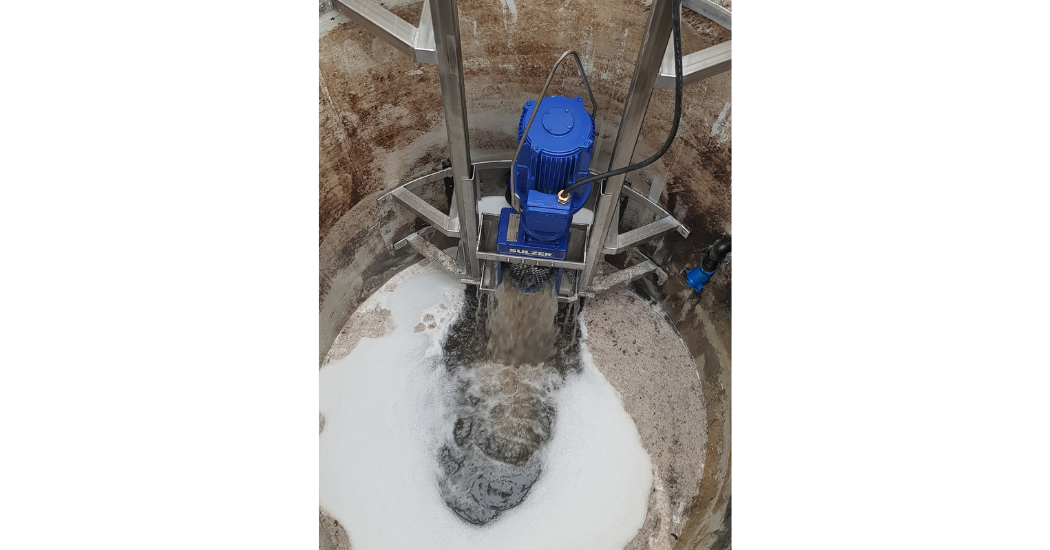
Grinders can tackle many of the modern challenges facing pumping stations
Stopping the block
One way to protect wastewater networks is to stop damaging solids reaching the places where they are likely to do most harm. Installing screens in network pumping stations to protect the pumps is one way to do this and such decisions should be supported by experts that can help with selection and dimensioning of the equipment.
An alternative approach involves the installation of equipment that is designed to cope with difficult solids. Clog-resistant wastewater pumps with large free passage can handle high levels of solid contamination thanks to a combination of clever geometry and robust materials. In the most challenging applications, grinders can be used to crush and shred solids in the flow to reduce the impact of the hard-to-handle material.
Any of these technologies can offer an effective and sustainable solution to blockage-prone pumping stations. However, focusing on the local fix sometimes produces new problems elsewhere. Fitting a clog-free pump in a small pumping station at the edge of the network might create a free pass for solids that will eventually settle and accumulate, causing problems further downstream.
Reducing the size of the solids too much, meanwhile, can have implications for wastewater treatment facilities as well. Screens at the beginning of the wastewater treatment process are a cost-effective and reliable way to capture and remove solids prior to treatment. If the solids are too small to be captured, that increases the load on subsequent sedimentation processes, driving up costs for the operator.
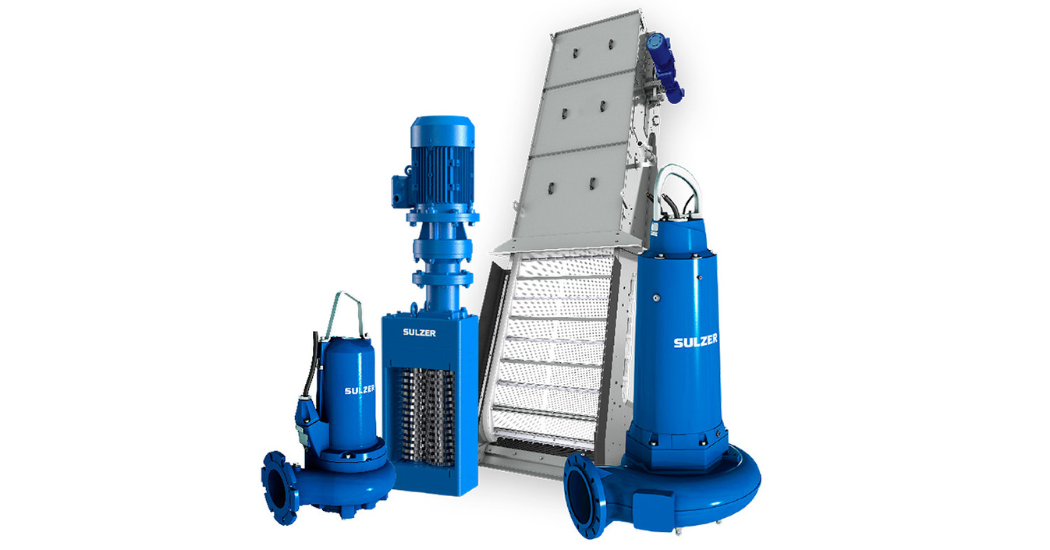
A broad range of solutions are required to ensure reliable wastewater treatment processes
Networks that work
To avoid unintended consequences like these, utilities need to take a system-wide approach to the engineering of their wastewater networks. That requires a clear understanding of the loads imposed on the system, and access to a wide range of different types of equipment.
As one of the world’s largest suppliers of wastewater treatment technologies, Sulzer has long been a proponent of this approach. Every day, the company’s wastewater specialists work with customers to develop detailed risk profiles of assets and devise effective, cost-efficient solutions to address performance and reliability challenges.
Sulzer wastewater products are developed with network-wide performance in mind. Take the Monster Stack system used in the Muffin Monster grinder range, for example. The cutters in the stack are carefully sized to match real-world wastewater requirements. Larger cutters at the bottom of the stack make short work of heavier debris, while smaller cutters at the top give good results on lighter materials that tend to rise to the top of the flow.
Most importantly, however, Sulzer’s broad range of solutions means that the company’s experts are not tied to any single technology. They can work with customers to specify grinders, heavy duty pumps or specialized screens from the Nordic Water brand. They also have the skills to tie all those components together with smart control technology and provide support for installation, commissioning and maintenance activities.
The demands placed on wastewater networks are constantly evolving. For utilities, the key to their operation is a holistic, end-to-end design approach. With decades of expertise, a wide range of technologies and an open mind, Sulzer is the ideal partner to help deliver a reliable, sustainable and cost-effective system.
About Sulzer:
Sulzer is a global leader in fluid engineering. We specialize in pumping, agitation, mixing, separation and application technologies for fluids of all types. Our customers benefit from our commitment to innovation, performance and quality and from our responsive network of 180 world-class production facilities and service centers across the globe. Sulzer has been headquartered in Winterthur, Switzerland, since 1834. In 2021, our 13’800 employees delivered revenues of CHF 3.2 billion. Our shares are traded on the SIX Swiss Exchange (SIX: SUN).

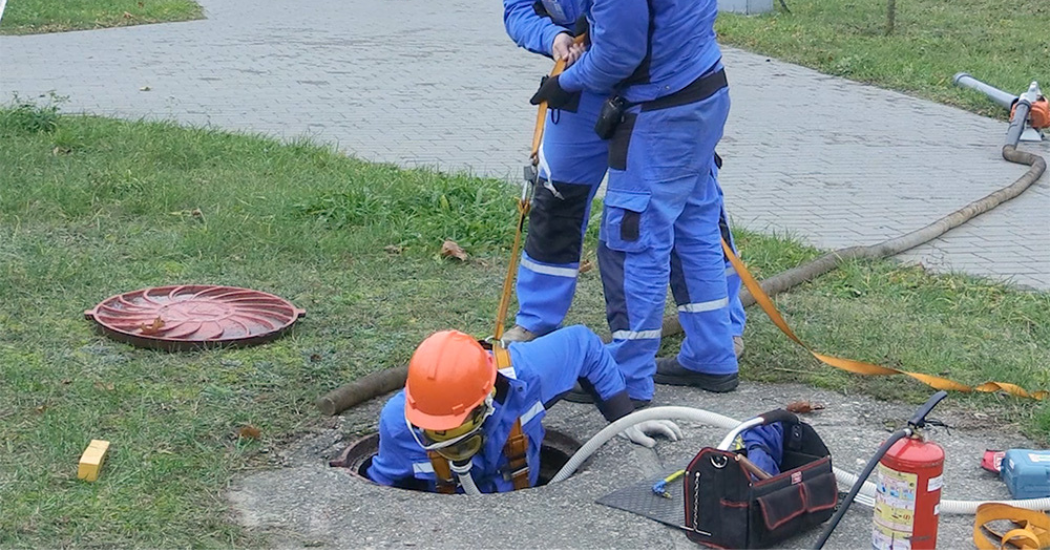
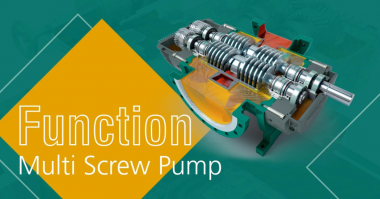
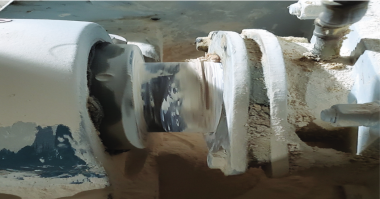
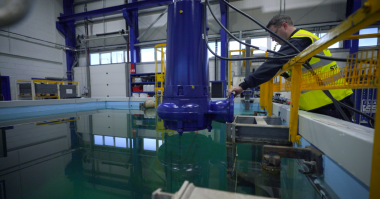
Comments